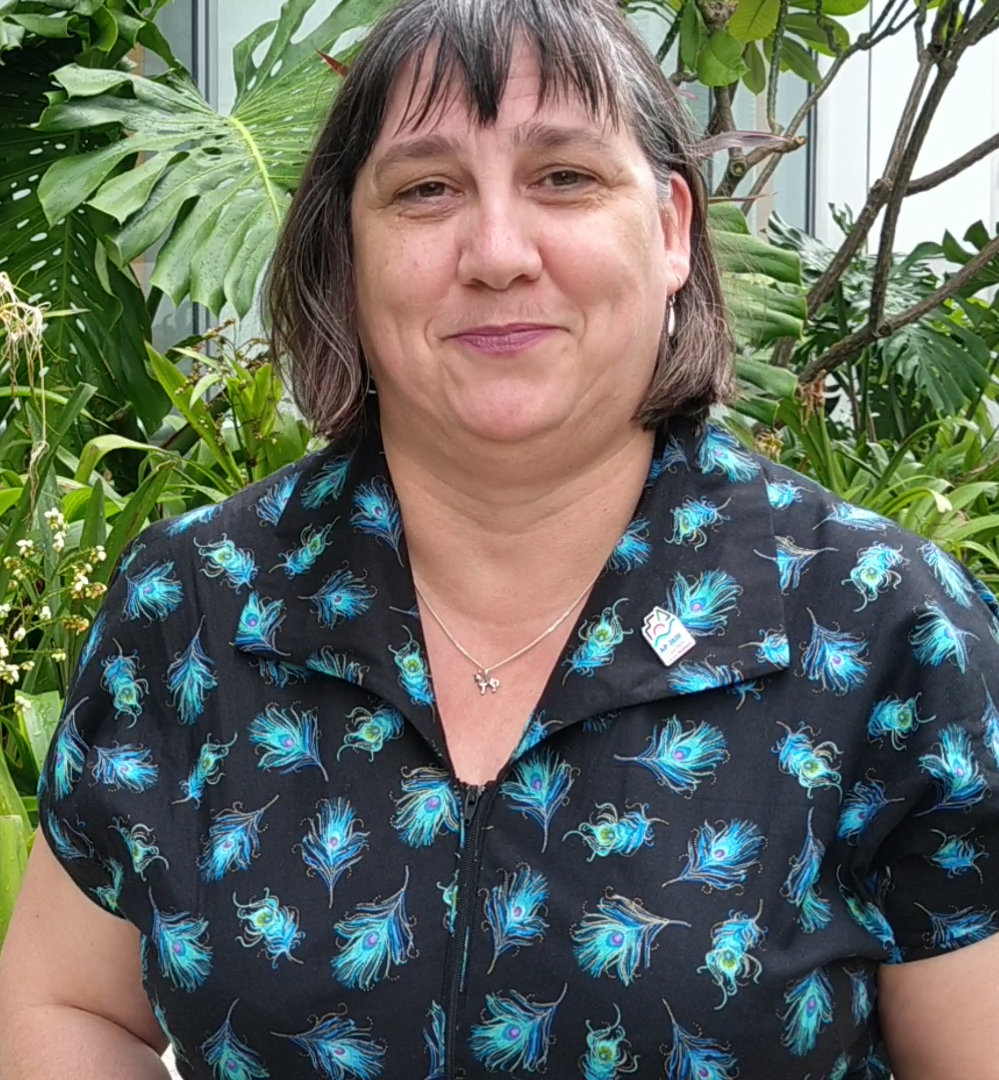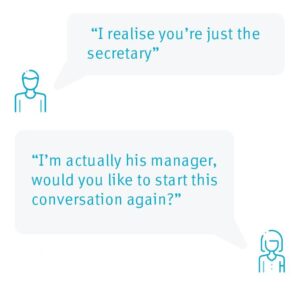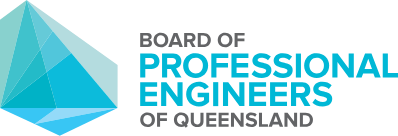03 Aug BPEQ 90th Anniversary: Celebrating Marie Gales
In 2020, BPEQ turns 90. To celebrate this milestone BPEQ is acknowledging the achievements, projects, innovations, discoveries and stories of RPEQs past and present.
This month, and ahead of International Women’s Day, we recognise Marie Gales. Marie is a RPEQ (Civil), registered since 2009, who leads Brisbane City Council’s Transport Planning and Operations unit. In 2019 she was recognised as IPWEAQ’s Engineer of the Year.
When collecting her award, Marie shared her observations and thoughts on people, language, inclusivity and diversity:
Engineering success – all about people
When I was given the opportunity to speak on any topic of my choice I travelled through a range of emotions from euphoria at the freedom to complete loss on where to start, so I went back to the award submission form. What had my colleagues written about me that had led to this prestigious award. What stood out for me was what they said about how I work and what I do to foster collaboration.
‘…what they said about how I work and what I do to foster collaboration…’

There are many words I use to describe myself, there are many words that others use to describe me. Some are surprising and some are obvious. What is true is that I can’t know how all people perceive me and no one can absolutely know me. So, what is important to me as an engineer? People. As engineers everything we do is about people working together to do great things for people.
I started work in the early 1990’s and the principle of Equal Rights had been established. It was the very early days of people understanding that treating people the same wasn’t the answer. Sometimes treating people differently is needed to get the same outcome. This made things much more ‘equal’ in my eyes and it was mainly applied to how we interacted with residents and the public.
‘As engineers everything we do is about people…’
Fast forward to now, the discussion has moved on and we now talk about diversity and inclusion. I want to focus on inclusion and I’ll share why it is important to me personally.
When I started my first job in Wales I was the first ever women engineer they’d had in the office. I turned up to the office and the rest of the team were all white men, all of whom had been born and bred within about 30 miles of the office. Within about an hour of arriving one of my new colleagues pointed out that he had to take down all of his ‘girlie’ pictures because of me – but then showed me where he’d kept some as there was ‘no way he was getting rid of them all’. I was also the only one in the office who couldn’t speak Welsh which meant that most of the time I couldn’t be part of the general conversations. Sure, I was the diversity but I certainly didn’t feel included. I felt really isolated and lonely and it was one of the hardest times in my life.
There are always some who will ask why is diversity and inclusion so important but there are many studies showing that gender diversity is good for business with increased revenue and innovation, improved staff engagement and retention and fewer human resource issues. I’m not going to go into any of this.
Based on my personal experience of projects and programs; large and small; complex and simple; whatever the transport mode and whether it’s information technology, infrastructure or a change project I would say that the key to success is collaboration. Deep meaningful true collaboration and this comes from diversity, inclusion, respect and courage. These are built on how we act and what we say. The words we choose and the language we use has the power to build or break these. What you say and do matters so I want to give you some real examples from my experience.
Assume at your peril
Back in that first job I mentioned I had a technician reporting to me. He was out at lunch one day when his phone rang. As you all know in local government, we are all expected to answer ringing phones so I did. I informed the caller that my colleague was out of the office and asked if I could help him.
His response was:

I answered.
He put the phone down. His basic assumption choice of words resulted in my disengagement and his embarrassment, and it wasn’t necessary. Imagine how much better that interaction could have been.
It takes courage
Fast forward a few years and I am working with a firm of consulting engineers here in Australia. I was watching as we won some really big and interesting projects. I watched as those around me were asked to take on roles on these projects, challenges and opportunities for development and I wasn’t been asked about any of them. I started to wonder if I was right for the organisation, to second guess my value or if it was time for me to start looking for a new job. But I plucked up the courage to ask why I didn’t seem to be considered. I wandered into my manager’s office and closed the door behind me. This, I could see by his face, freaked him a little, and then I asked my question. The answer astonished me. Because I was a mother, he didn’t think I’d be interested. I was glad I’d closed the door, as I took the opportunity to provide education on what it felt like to be robbed of the right to make a choice for myself. There were assumptions on both sides, and as a result the organisation could have lost talent, and I could have left with a distorted view of both myself and the organisation. Imagine what it would have been like if either of us had spoken up earlier.
Girl or woman
There was another incident, at the same organisation, where I’d been having a bit of a bad day. I can’t remember what happened, but I’ll admit I was definitely in a sour. As I was walking away from my desk an older male colleague stood and called out “girls, girls”. At the time I was about 45 and the woman that sat near me was a similar age. I stopped, turned and asked at what age he considered I would stop being a child. In my view, I hadn’t been a girl for about 30 years. He was stunned and answered that he thought that women liked being referred to as girls. I probed by asking what he thought women would like about being referred to as children, effectively having all their professional and personal achievements during adulthood being dismissed as irrelevant. His answer – “no one ever told me”.
Listen and you will learn
Now that I’ve revealed to the world how to wind me up I want to use this as a learning. This was a pivotal moment for me, as a fully realised that it was my responsibility
to raise this. Being called a girl has always bothered me as an adult but I had never told anyone before. I’d also realised that if people aren’t given feedback how can they know, how can they be given the chance to do better or differently. I have always sought out feedback for me but perhaps hadn’t provided all the feedback I could to others.
Surviving jobs
When I had this interaction, there were four graduates sitting near me, one women and the rest men. As I listened to their conversations afterwards I remembered why I hadn’t raised this issue with anyone before. In their conversation, the women graduate was asked if she was bothered being referred to as a girl. She confirmed it did and when asked why she’d never raised it her answer was simple ‘I have so much other stuff to deal with it’s never made it to the top of the list’. Feedback is hard and none of us has the energy to take on everything. Sometimes we make a decision to let things slide in the interests of survival. We are so often told not to sweat the small stuff – but it matters because the small stuff is what shows respect and leads to inclusion.
Is guy invclusive
Fairly recently while at a conference a gentlemen was sharing with me how inclusive he was and pointed out that he used a gender neutral collective term when referring to his team. He’d elected to use the term ‘guys’ to address the team. I congratulated him on thinking about inclusivity but wanted to provide a note of caution. I mentioned that guy may not be received as gender neutral and pointed out that I don’t identify as a guy. To me it is a word used to describe men and therefore I would not feel included.
The gift of feedback
‘I know’ he answered, ‘one of my team came to tell me that’. I asked what he had done with that feedback. He told me it was all good, it didn’t matter as he’d told her that he’d meant it to be inclusive. I offered an observation as I left. I highlighted how she’d demonstrated courage coming forward to tell him that he hadn’t made her feel included. In his response he had effectively told her that her thoughts and feelings were irrelevant, and his continued use of the term raised questions about his intent.
I’d like to acknowledge that none of us can get this right all of the time but all of us can get better one conversation at a time. We can take feedback as a gift and use it to learn and grow, show respect, build trust and collaborate to achieve success.
This year is a celebration of the achievements, projects, innovations, discoveries and stories of RPEQs past and present. BPEQ encourages RPEQs to share their thoughts –
• What are some of Queensland’s great engineering feats?
• Who was the RPEQ/s who helped deliver the project?
• Are there unsung heroes in the profession?
To have your say contact BPEQ at admin@bpeq.qld.gov.au.

 MY ACCOUNT
MY ACCOUNT
